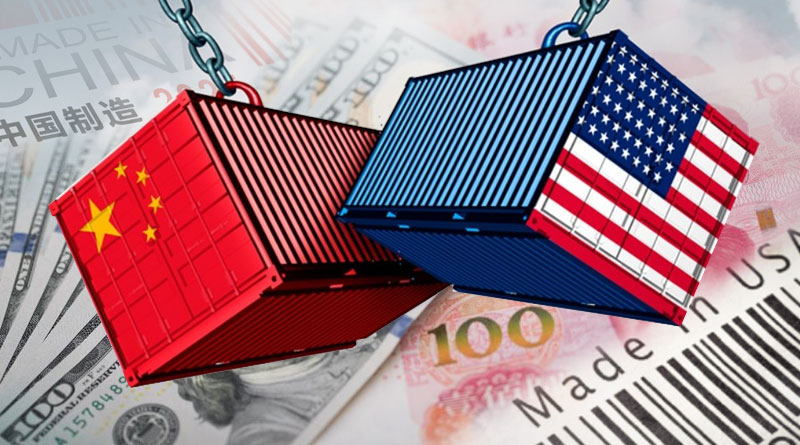Trade war between China and the U.S. has decreased consumers trust
DORAL, FL – A trade war between President Donald Trump, Beijing, and other important partners has decreased consumers trust this month as reported by Diario Las Américas.
According to Market Watch, China and the United States announced on Friday that they would raise tariffs on each other.
China confirmed it would increase existing tariffs by 5% to 10% on more than 5,000 U.S. products, while Trump said he would raise current U.S. tariffs. A 10% duty on $300 billion in Chinese goods will be raised to 15% in September while a 25% tariff on $250 billion in imports would be increased to 30% in October.
While historically consumers trust has been healthy, this new decline caused by trade war could undermine the national economy, because consumers expense represents approximately 70 percent of the economic activity.
The real concern behind this is that it increases the chances of a recession in the United States to 45% for next year compared to 40% in mid-July, according to JPMorgan Chase analysts.
The private sector has already reduced its expectations regarding earnings and sales, especially companies in the housing and manufacture industries.
Home Depot is one of them. The company reduced its sales projection for next year due to a decrease in wood price and a potential impact in consumers.
Macy’s, on the other hand, is trying to find a balance in prices with regard to shoes and clothing as expressed by CEO Jeff Gennette.
But due to the 25% tariffs made effective on May, the company has already increased its prices in travel suitcases, home supplies, and furniture.
“If political tensions decrease and the labor market remains strong, we could see a rebound in the consumers’ mood,” said Jesse Edgerton, senior economist at JPMorgan Chase, to Diario Las Américas.
Trade war started a year ago
According to Market Watch, the trade war between the world’s two largest economies began more than a year ago when the U.S. accused the Asian country of “unfair trading practices”.
After that, Trump established tariffs on hundreds of billions of dollars of Chinese imports and has declared China has been taking advantage of the U.S. for decades.
Now, the two countries continue to negotiate, but Trump and some of his advisers believe China might be “trying to wait out his administration and bank on a Democrat winning the presidency in 2020”.
On July, Trump met President Xi Jinping in Japan to try to decrease tensions between the two countries, although on August announced a new round of tariffs on Chinese products.
The new U.S. tariffs would be effective in the next two months, while China scheduled its new tariffs to go into effect around the same time.

